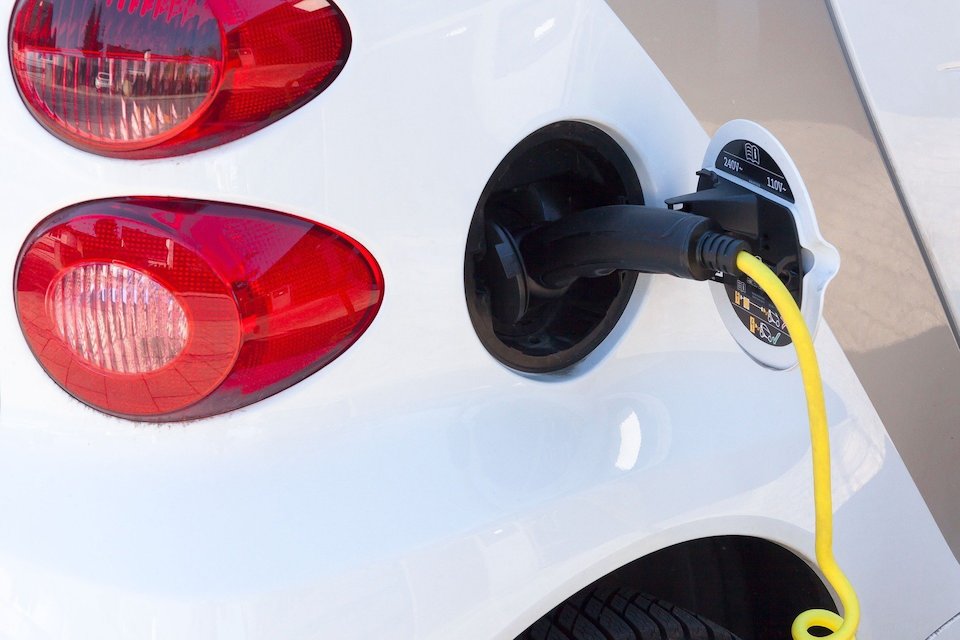The innovative and climate-friendly alternative
Electromobility (EV)
The innovative and climate-friendly alternative
Electromobility is worldwide regarded as the innovation of climate-friendly mobility and offers a wide range of advantages for people and the environment. Alternoil is actively involved in the development and research, as well as the expansion of an electrical vehicle charging infrastructure. Both mobility and the filling station infrastructure are facing a future-oriented transformation.
Electromobility means the use of electronically driven vehicles such as electric cars or trucks. The energy required for this is largely drawn from the power grid. With the electromobility of the future, engines are to be operated without fossil fuels, which can significantly reduce air pollution. Electricity is available in almost unlimited supply due to the wide range of generation methods, whereby sustainably produced green electricity in particular avoids harmful emissions by 100%. The electrical energy (electricity) is stored in energy storage devices, such as rechargeable batteries.

Who is electromobility suitable for?
Electric vehicles are ideal for use in city traffic. Due to the comparatively short range of an electric vehicle compared to an LNG vehicle, this alternative is not yet suitable for every application. Electric vehicles are predestined for city traffic in particular, as the range of about 100-150 kilometers is optimal for short distances. Electric mobility is a good alternative, especially for deliveries in city centres, with many stops. And electric mobility is also suitable for buses in local transport, construction machinery and waste management vehicles.
Electromobility is applicable:
-
for delivery services
-
for public passenger transport
-
for commercial vehicles
-
for passenger cars
Availability of charging points?
The network of available charging stations for cars is constantly growing. According to the Bundesnetzagentur, there are currently around 13000 publicly accessible charging stations available in Germany (as of February 2020). However, these charging stations are mainly intended for cars - charging stations for trucks are hardly available, and the charging infrastructure for the transport sector is currently still missing. In addition to the lack of charging stations, there is still a need for development for efficient use in the transport sector. In order to achieve higher vehicle ranges, battery technology must be further optimised. At present, battery production is still very energy-intensive and recycling is also difficult. Furthermore, the batteries are still too heavy for long ranges, which inevitably reduces the payload. Vehicle manufacturers are conducting meticulous research into the new technology, so that electric mobility will become even more practical and environmentally friendly in the future.
Would you like to learn more? We are always there for you.
We would like to support you in the changeover to alternative fuels and provide you with advice and assistance. Feel free to contact us if you would like to find out more about clean fuels and the various supply options at your depot or existing filling station.
